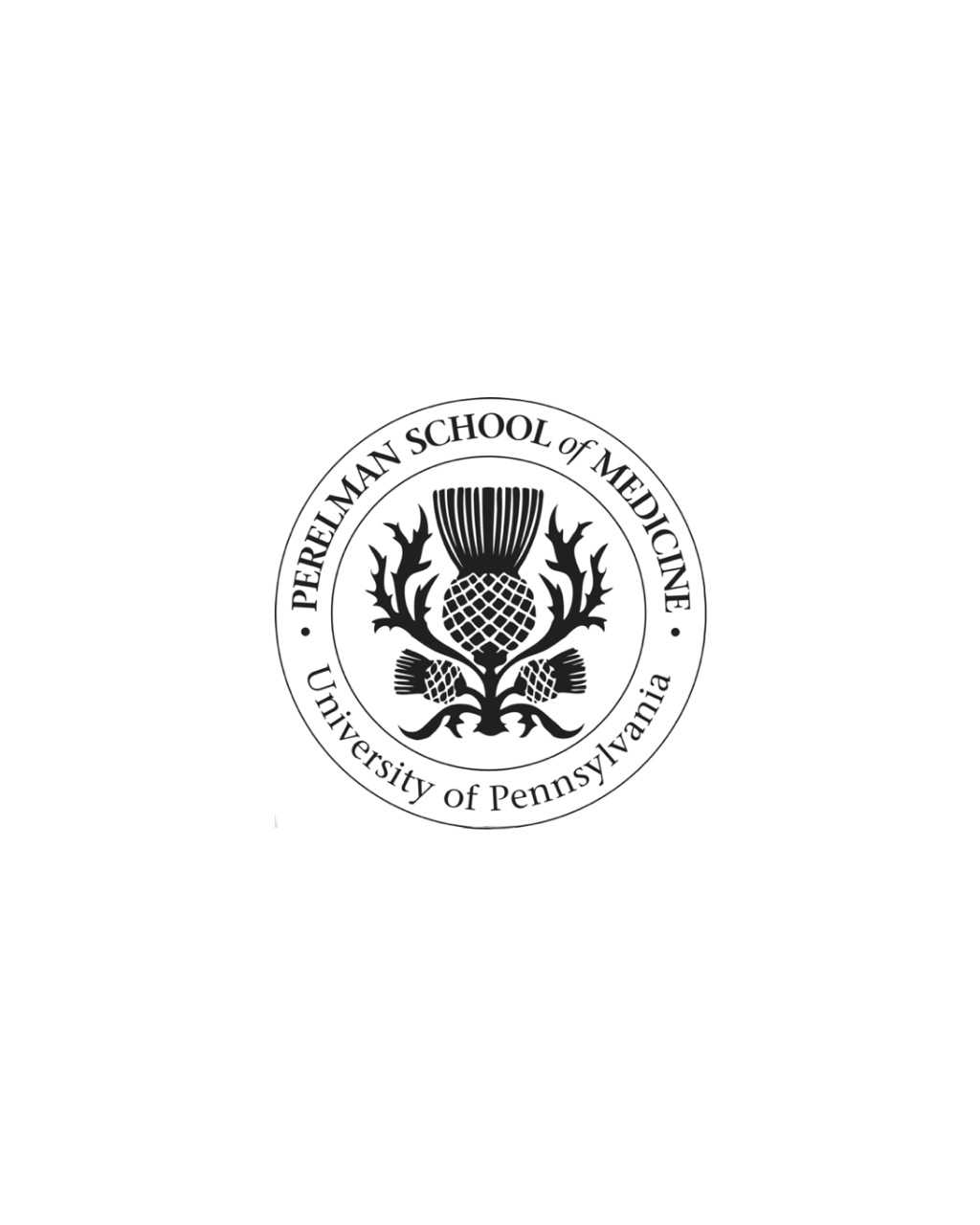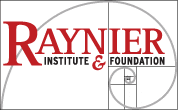In October 2022, Raynier granted $250,000 to Penn Medicine to support 3 cutting-edge studies lead by Dr. Angie DeMichele. These funds will support Dr. DeMichele and her clinical research team as they work to advance innovative approaches to detecting and treating microscopic minimal residual disease (MRD) in breast cancer patients. MRD comprises the cells that ultimately give rise to incurable metastatic breast cancer in organs and bones. Until recently, it was not possible to identify these cells in patients or develop new treatments to eliminate them. Dr. DeMichele and her team have built a multicenter platform for screening breast cancer survivors for these cells and enrolling those who have such cells on a clinical study for novel therapies. These funds will support three novel studies that aim to advance our understanding of breast cancer recurrence and prevent it altogether. The SURMOUNT study focuses on screening for minimal residual disease (MRD) in a patient’s blood or bone marrow. If MRD is found, a patient is offered the option to enroll in one of several trials to eradicate these cells. Two such studies are PALAVY and ABBY, which focus on recurrence prevention.
In October 2021, Raynier granted $250,000 in support of “Tackling Breast Cancer Recurrence.” The support from the Raynier Institute & Foundation helped fund Dr. Angie DeMichele’s research team for minimal residual disease (MRD). Despite advances in breast cancer detection and treatment, 30% of patients diagnosed with the disease will ultimately recur. Research indicates that seed cells—Minimal Residual Disease (MRD)—from the primary breast tumor can survive standard treatment and enter a dormant or sleeping phase. New technologies can identify and measure circulating tumor cells (CTCs), tumor cell fragment DNA (ctDNA), and dormant disseminated tumor cells (DTCs) in the blood and bone marrow.

